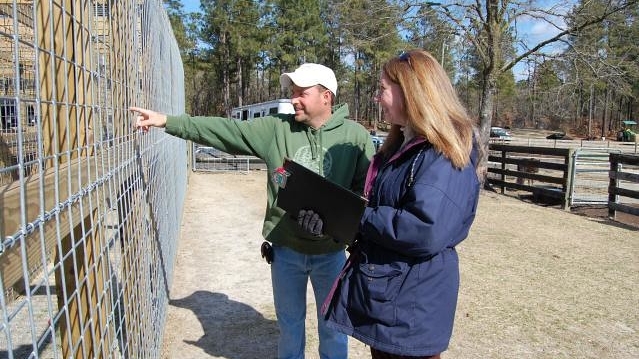How Much Authority Does An Attending Veterinarian Have?

Licensees and registrants must ensure that the attending veterinarian has appropriate authority to determine the veterinary care animals receive and ensure that the care provided is adequate.
The licensee or registrant must give the attending veterinarian the authority to oversee the adequacy of other aspects of animal care and use. The attending veterinarian should also work with the licensee or registrant to determine appropriate husbandry, nutrition, hoof care, specialized needs for the care of young or old animals, pest and parasite control, cleaning, disinfection, and more.
In traditional practice, the veterinarian recommends treatment, but a client can decline services. Licensees and registrants are required to follow directions from their attending veterinarian.
How is veterinary authority handled when a facility works with more than one veterinarian?
The attending veterinarian may delegate authority to additional veterinarians as necessary to provide clinical care, emergency care, as species specialists, as voting members on the Institutional Animal Care and Use Committee, or as consultants. The attending veterinarian has oversight authority for the work of any additional veterinarians and should be kept informed regarding these activities.
In cases where there are multiple veterinarians involved in the provision of care, there should be one attending veterinarian with the ultimate responsibility for ensuring the overall provision of adequate veterinary care and overseeing other aspects of animal care and use.

